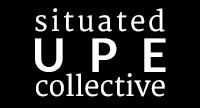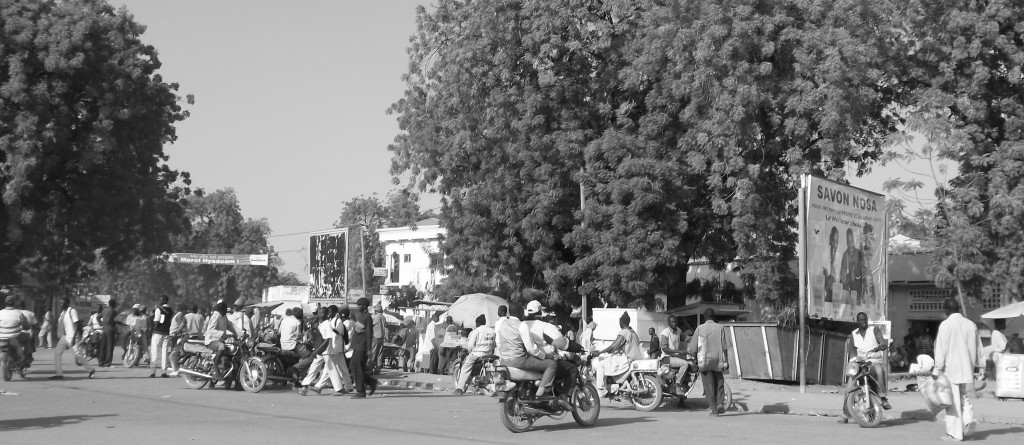Rethinking urban ecologies of the global South
We’ve have just published a new article in the geography journal Antipode on “Provincializing Urban Political Ecology: Towards a Situated UPE Through African Urbanism“.
In this article we argue that the ecologies being shaped through the new and rapidly emergent forms of urbanization that we witness in the global South and developing countries of Africa, Asia and Latin America provide both opportunities and challenges to how we theorize the urban. It requires both a better understanding of the biophysical systems in these places, but also a greater attention to everyday informal activities and how power and decision-making operates in these cities.
The paper argues that although frameworks like those of Urban Political Ecology (UPE) have provided great tools during the last decade, these are based on the experience of EuroAmerican urbanization and focus on networked infrastructure systems like water, sanitation and electricity.
Jonathan Silver states that “To use a particular framing of infrastructure as a lens made sense in New York, London or Stockholm. Here the modernist promise of urbanization of universal access was strong. But in cities like Lagos or Kampala this would fail to account for many experiences and actors that shape the city and who has access to good and healthy environments. We hope our paper provides one response to the vibrant debates about postcolonializing our urban knowledges”
Situated Urban Political Ecologies—A collaborative platform
We use own empirical research in Africa combined with a close reading and review of urban research across the continent of Africa—of ‘African urbanism’—to develop our grounded and situated repertoire of analyzing cities and urban ecologies. In a broader effort, we have developed a new research platform ‘Situated Urban Political Ecologies’ that we hope will become an expanding space for collaboration with scholars, students, policy-makers and activists in the years to come.
Our situated approach opens, as argued by Edgar Pieterse at the African Centre for Cities, for a radical incrementalist approach for transformation towards more sustainable and equal forms of urbanization. This form of transformation places the very contested nature of cities at the heart of any transformation, but it still locates the conditions of possibility locally and everyday practices.
Mary, Henrik and Jon

